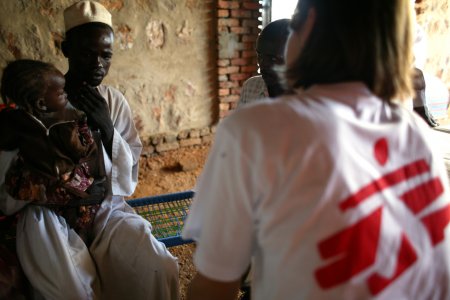 Michael Zumstein
Op-ed
Michael Zumstein
Op-ed
Darfur: Humanitarian Aid Held Hostage
11/03/2006Aid organisations have been held hostage to the showdown between the Sudanese government and the international community.
 Michael Zumstein
Op-ed
Michael Zumstein
Op-ed
Aid organisations have been held hostage to the showdown between the Sudanese government and the international community.
 Analysis
Analysis
MSF is an independent organisation that carefully protects its autonomy. In this article, Xavier Crombé draws the connection between this founding principle and the issue of security for humanitarian actors.
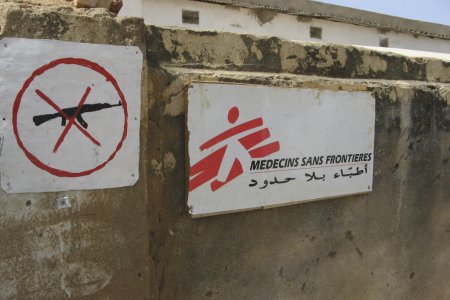 Marjolein Debruycker
Analysis
Marjolein Debruycker
Analysis
Fabrice Weissman looks at the major stages of the Darfur conflict since 2003 from the perspective of a humanitarian medical organisation. He questions the predominant reading of this crisis, and cautions against the illusions of international armed intervention in the region.
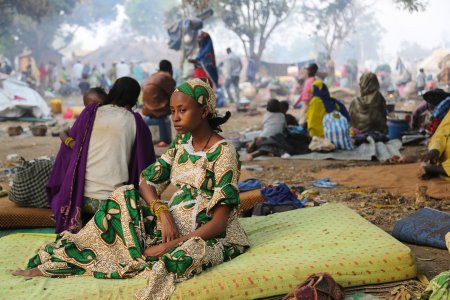 Laurence Hoenig
Op-ed
Laurence Hoenig
Op-ed
Jean-Hervé Bradol and Fabrice Weissman respond to Collectif Urgence Darfour's call for armed intervention in Darfur to "stop the massacres," and to promises along these lines by candidates in France's presidential election.
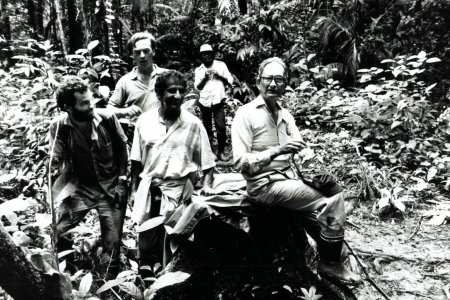 MSF
Analysis
MSF
Analysis
This article has been inspired by an analysis conducted by MSF-Crash of humanitarian security management and why and in what ways it is evolving. We endeavour not only to describe humanitarian imagery, but to analyse its consequences - the risks it generates for aid workers operating in perilous situations.
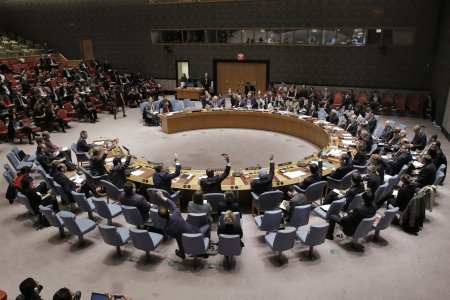 Paulo Filgueiras
Interview
Paulo Filgueiras
Interview
Interview with Michaël Neuman and Fabrice Weissman, research directors at Crash. On Wednesday 28 September, MSF is invited to attend a UN Security Council briefing on resolution 2286, adopted in May 2016, which strongly condemns attacks against medical personnel and establishments in conflict situations.
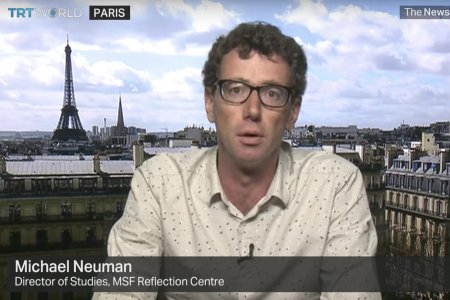 TRT
In the media
TRT
In the media
Michael Neuman is interviewed by TRT World about Doctors Without Borders/MSF's decision to pull out of Yemen and humanitarian security, challenging the idea that humanitarian action has become a greater danger to aid workers.
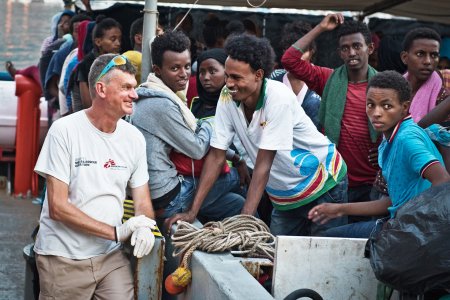 Sara Creta
Video
Sara Creta
Video
In recent years, fear-mongering reports based on hard data have been describing a world of ever-increasing danger for aid workers. The book "Saving lives and staying alive" explores this observation and compares it with MSF's experience of working in particularly dangerous regions.
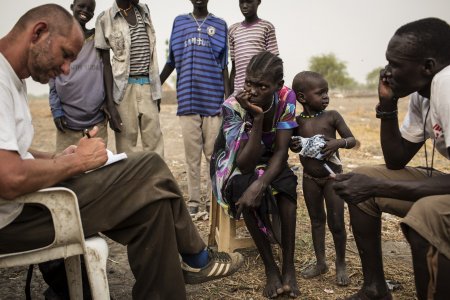 Siegfried Modola
Articles and blog
Siegfried Modola
Articles and blog
In "Saving Lives and Staying Alive: Humanitarian Security in the Age of Risk Management" Michaël Neuman and his colleague Fabrice Weissman analyze some of the drivers of professionalization in the context of humanitarian security and its subsequent impact on humanitarian practices through a collection of MSF case studies.
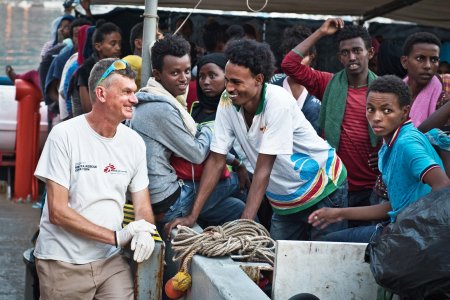 Sara Creta
Opinion
Sara Creta
Opinion
Michaël Neuman warns that misleading data are suggesting humanitarian aid work has become more dangerous, taking particular aim at the Aid Worker Security Database (AWSD) for helping perpetuate this myth.
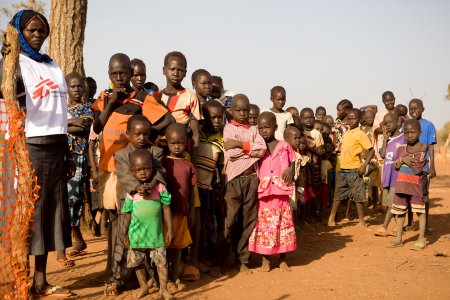 Karin Ekholm
Opinion
Karin Ekholm
Opinion
We welcome Abby Stoddard, Katherine Haver and Adele Harmer's response to our critical article on the production and the use of security data in the humanitarian sector and to our book in general. In a field that has been very much lacking debate, if not controversies, we're extremely glad to see a various range of readers engaging in the discussion.
Michaël Neuman, co-editor of "Saving Lives and Staying Alive. Humanitarian Security in the Age of Risk Management" responds to Chris Lockyear and Andrew Cunningham's review of the book.